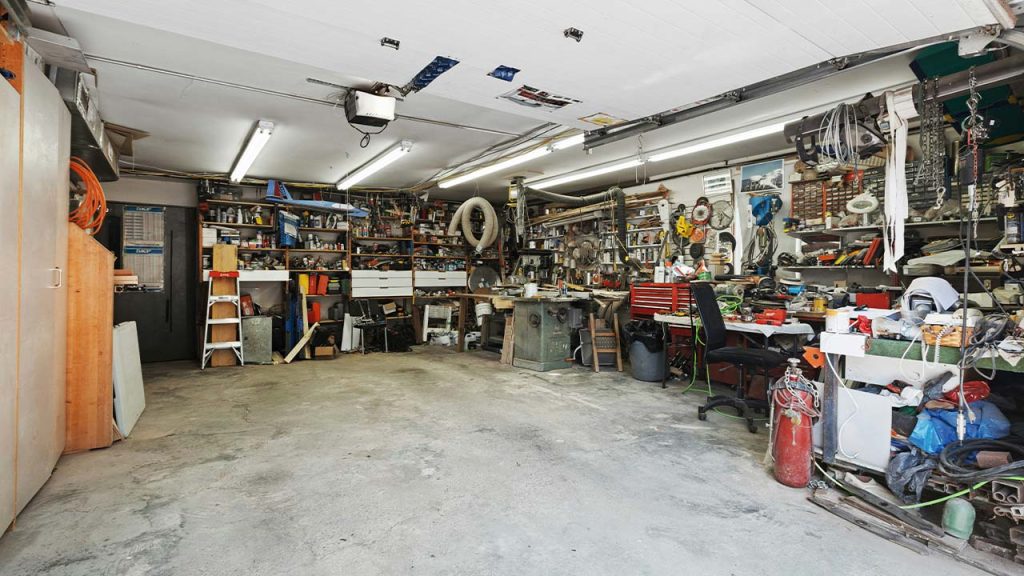
Garages often become catch-all spaces for everything that doesn’t fit inside the house. But while it’s tempting to stash away paint cans, old electronics, or extra pantry items, some things simply don’t belong there. Extreme temperatures, humidity, and pests can turn your storage spot into a danger zone for certain items. Before your garage turns into a dumping ground, here are 14 things you should definitely think twice about storing there.
1. Paint and Other Household Chemicals
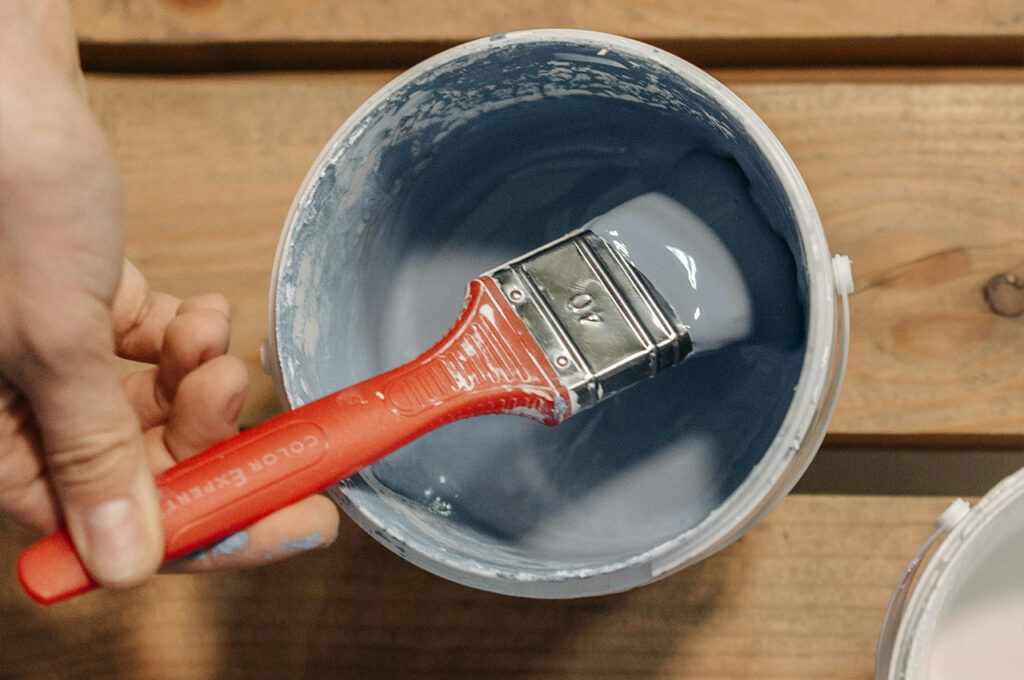
Garage temperatures can swing from freezing to sweltering, and that’s bad news for paints, solvents, and cleaning supplies. These materials can separate, spoil, or even become hazardous when stored improperly. Paint can thicken or curdle, and certain chemicals may emit fumes or become flammable in extreme heat. Keep them in a climate-controlled space to ensure safety and effectiveness.
2. Propane Tanks
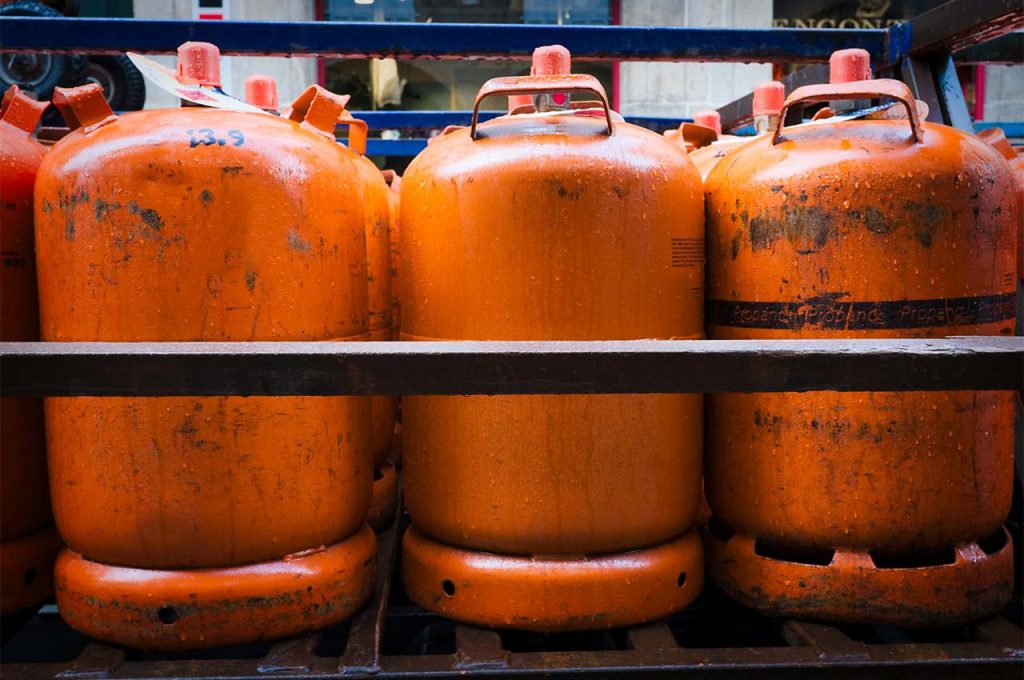
Stashing propane tanks in the garage might seem convenient, but it’s a serious fire hazard. Even a small leak in a poorly ventilated area can create explosive conditions. Propane is highly flammable and should always be stored outdoors in an upright position, away from direct sunlight and ignition sources. Safety first—your garage is not the place for pressurized gas.
3. Pet Food and Birdseed

Pet food and birdseed might stay dry in the garage, but they’re a magnet for pests. Mice, ants, and raccoons are quick to sniff out a feast, especially in warmer months. Add fluctuating temperatures, and you risk spoilage or mold. Instead of taking that chance, store food in sealed containers inside the house to keep both the food—and your garage—safe and pest-free.
4. Important Documents and Photos

Your garage is no place for irreplaceable keepsakes. Humidity, heat, and pests can destroy paper, causing it to warp, fade, or grow mold. Photos can stick together or become brittle over time. Documents like birth certificates, legal files, or family albums should be stored in temperature-controlled environments in waterproof, fire-resistant containers.
5. Electronics and Batteries
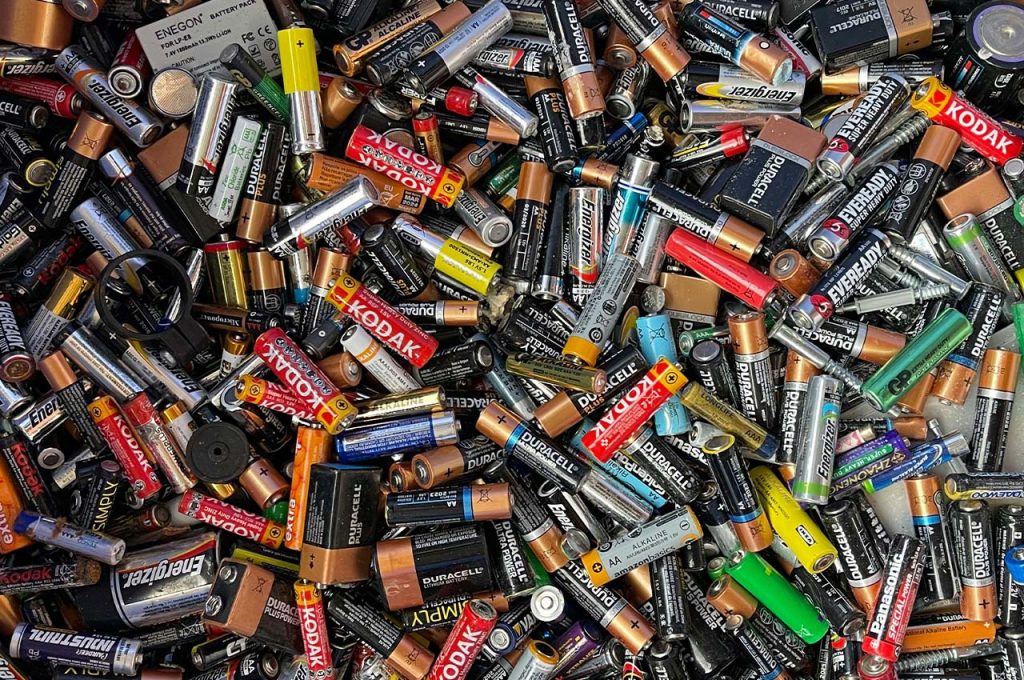
Extreme cold and heat are enemies of electronics and batteries. Garages often lack insulation, exposing devices to moisture and temperature swings that can corrode parts, kill battery life, or even pose a fire risk. Whether it’s old phones, power tools, or spare batteries, keeping them indoors ensures they remain safe, functional, and ready when needed.
6. Clothing and Bedding
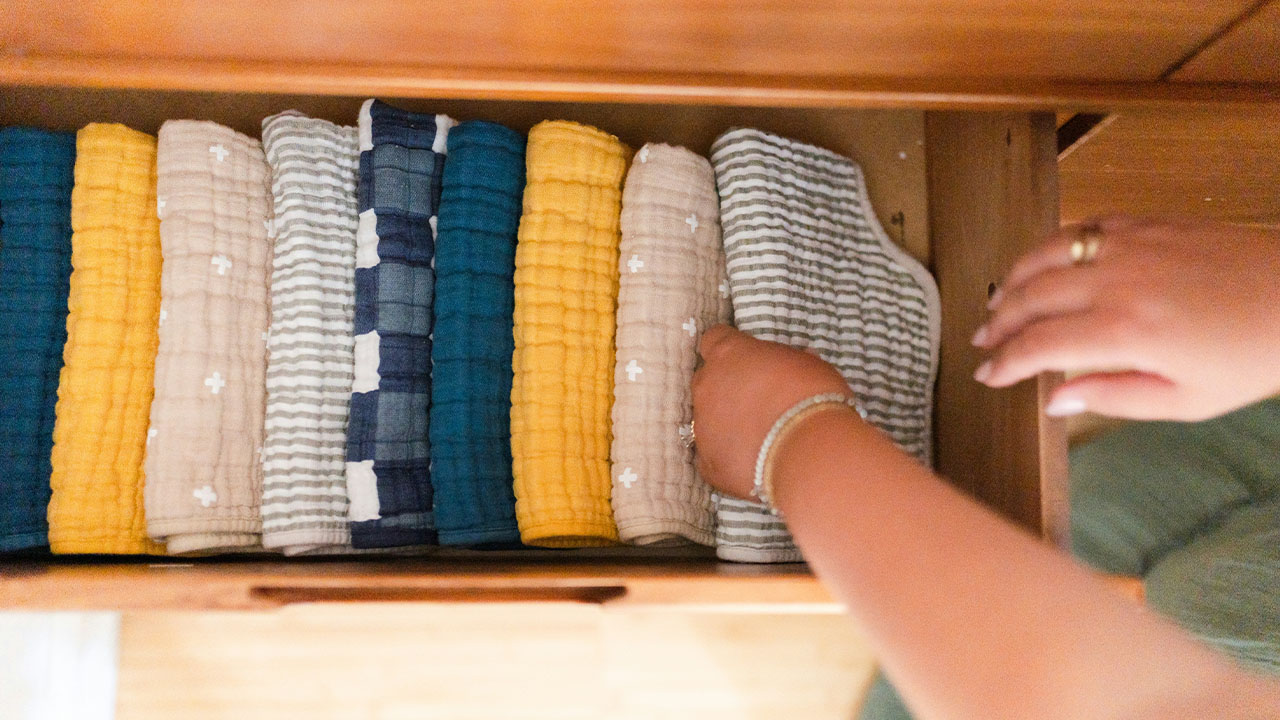
Storing clothes and bedding in the garage might free up closet space, but it invites moisture, pests, and mildew. Fabrics can absorb garage odors and develop mold in humid conditions. Mice and insects also love to nest in soft materials. If you must store textiles, opt for airtight plastic bins in a climate-controlled area to keep your linens fresh and pest-free.
7. Canned and Dry Food
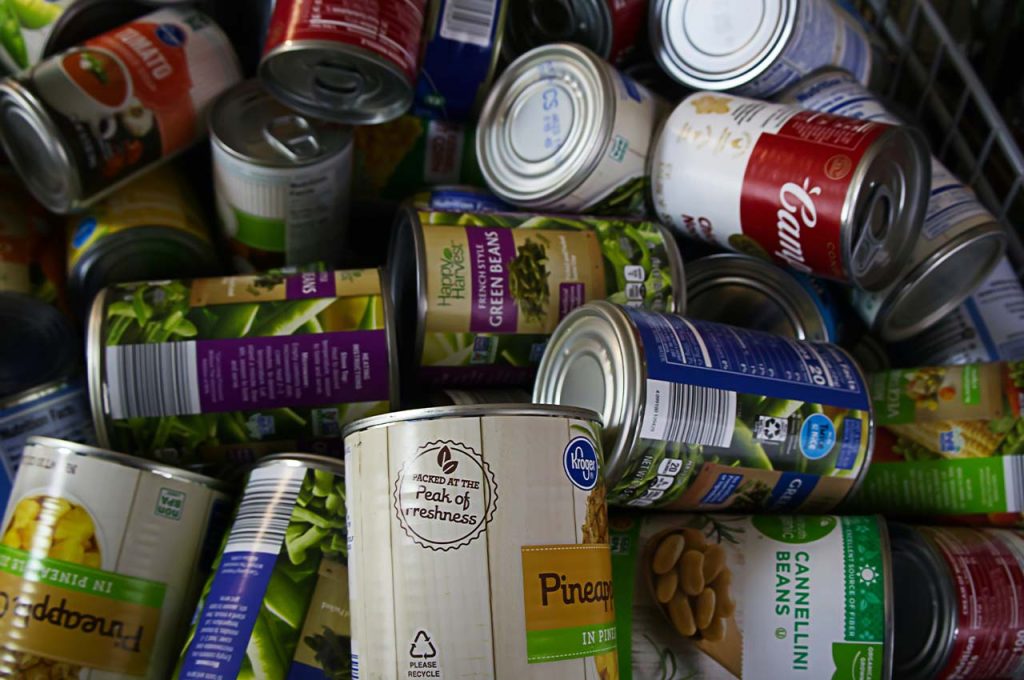
Though canned goods seem durable, garages are far from ideal for food storage. High heat can cause cans to bulge or spoil, while freezing temps may compromise seals. Dry goods like pasta and cereal are pantry staples, but in a garage, they’re bug bait waiting to go stale in the blink of a season. Food safety hinges on stable temperatures, so it’s best to keep your pantry items indoors where conditions are more consistent.
8. Wooden Furniture

Wood doesn’t fare well in fluctuating temperatures and humidity. In a garage, it’s prone to warping, cracking, or swelling. Over time, even treated wood can degrade, and unsealed pieces may become a haven for termites or mildew. If you’re storing furniture long-term, choose a dry, insulated space or protect it thoroughly with covers and moisture barriers.
9. Wine and Other Alcohol

Proper wine storage requires a cool, dark place with a consistent temperature—your garage is usually the opposite. Heat can wreak havoc on your wine, warping flavors and expanding the liquid until the cork pops like a premature toast. Cold temps can make bottles freeze or crack. Even beer and spirits can lose their character. For quality and safety, store alcohol in a controlled environment away from sunlight and temperature extremes.
10. Firewood
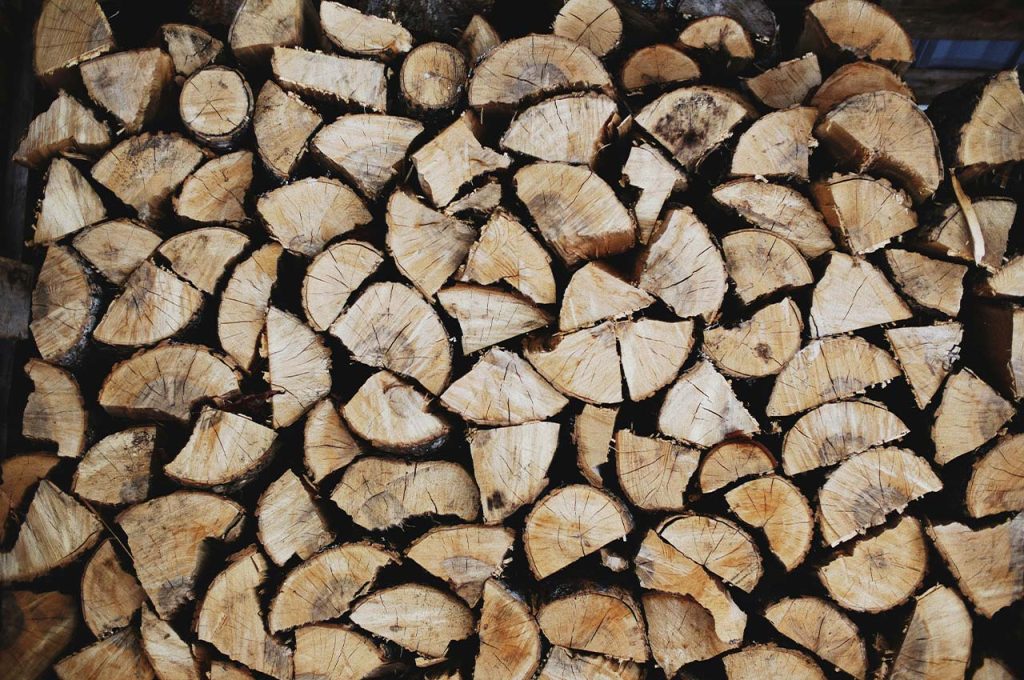
It might seem logical to pile firewood in the garage, but it’s a hidden invitation for bugs—especially termites. Stacked wood can also harbor mold and mildew in damp conditions, creating air quality issues. Firewood should always be stored off the ground, covered, and outside to allow airflow and keep your home and garage free of unwanted critters and moisture.
11. Cardboard Boxes
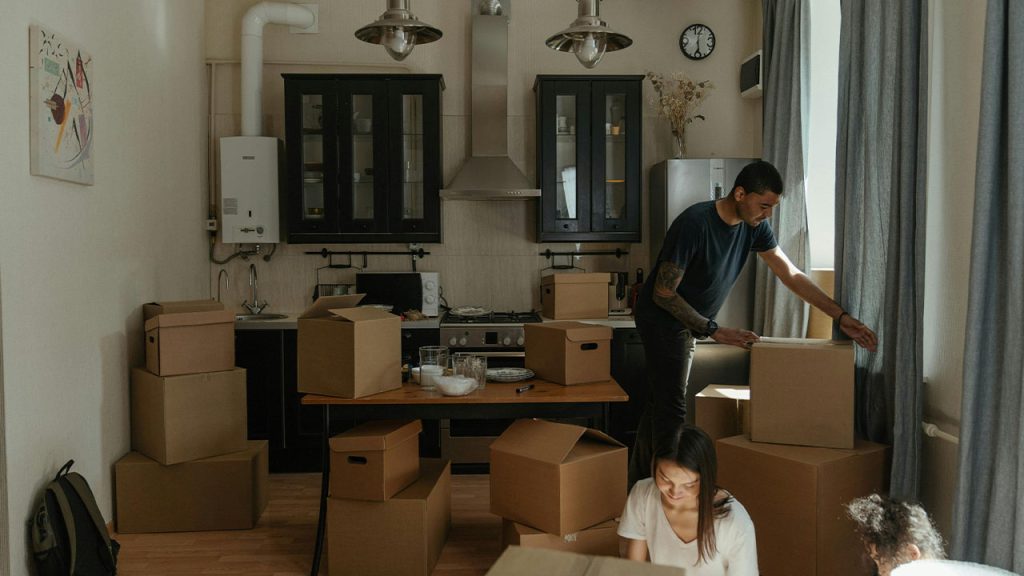
Cardboard might be a go-to for storage, but in the garage, it’s practically an invitation for trouble. Boxes absorb moisture, leading to mold and mildew, and they’re a favorite nesting spot for rodents and insects. Over time, cardboard can weaken, collapse, or stain its contents. Swap them out for plastic bins with tight lids to protect your items from pests and the elements.
12. Books and Magazines

Paper and garages just don’t mix. Books and magazines absorb humidity, warp, and develop mold quickly in an unregulated climate. Pages can yellow, stick together, or attract silverfish and other insects. If you’re holding onto old reads or collections, store them indoors in a dry, temperature-controlled space where they’ll stay readable and intact.
13. Toys and Stuffed Animals

Stuffed animals and plastic toys can degrade fast in garages. Fabric ones absorb moisture and odors and may become moldy or infested with bugs. Plastic toys can warp or become brittle in extreme heat or cold. If the toys have sentimental value or might be reused, store them in sealed bins in a dry indoor closet instead of risking damage in the garage.
14. Refrigerators or Freezers (in Uninsulated Garages)
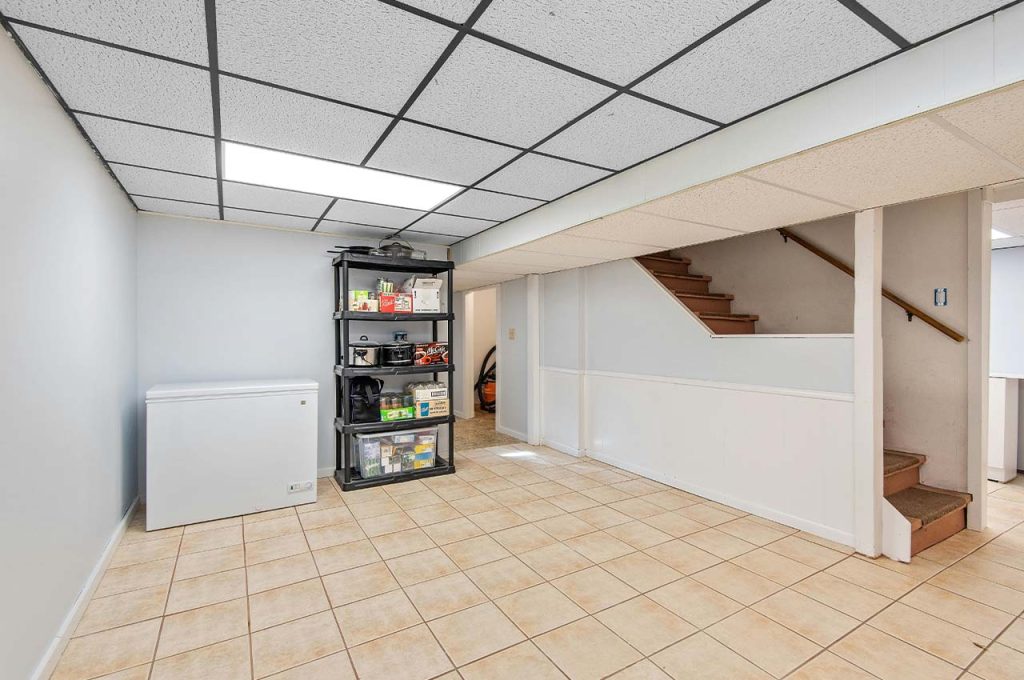
While it may seem handy to have an extra fridge or freezer in the garage, uninsulated spaces wreak havoc on appliance efficiency. In hot weather, they overwork and waste energy; in freezing temps, they can shut down completely. If your garage isn’t climate-controlled, your appliance may fail—or skyrocket your energy bill.
Want to see more from Remodr?

Drop a comment below, share this with your friends and family, and don’t forget to follow us for more fresh ideas, updates, tips and home trends.
This article was created with the assistance of AI but thoroughly edited by a human being.

